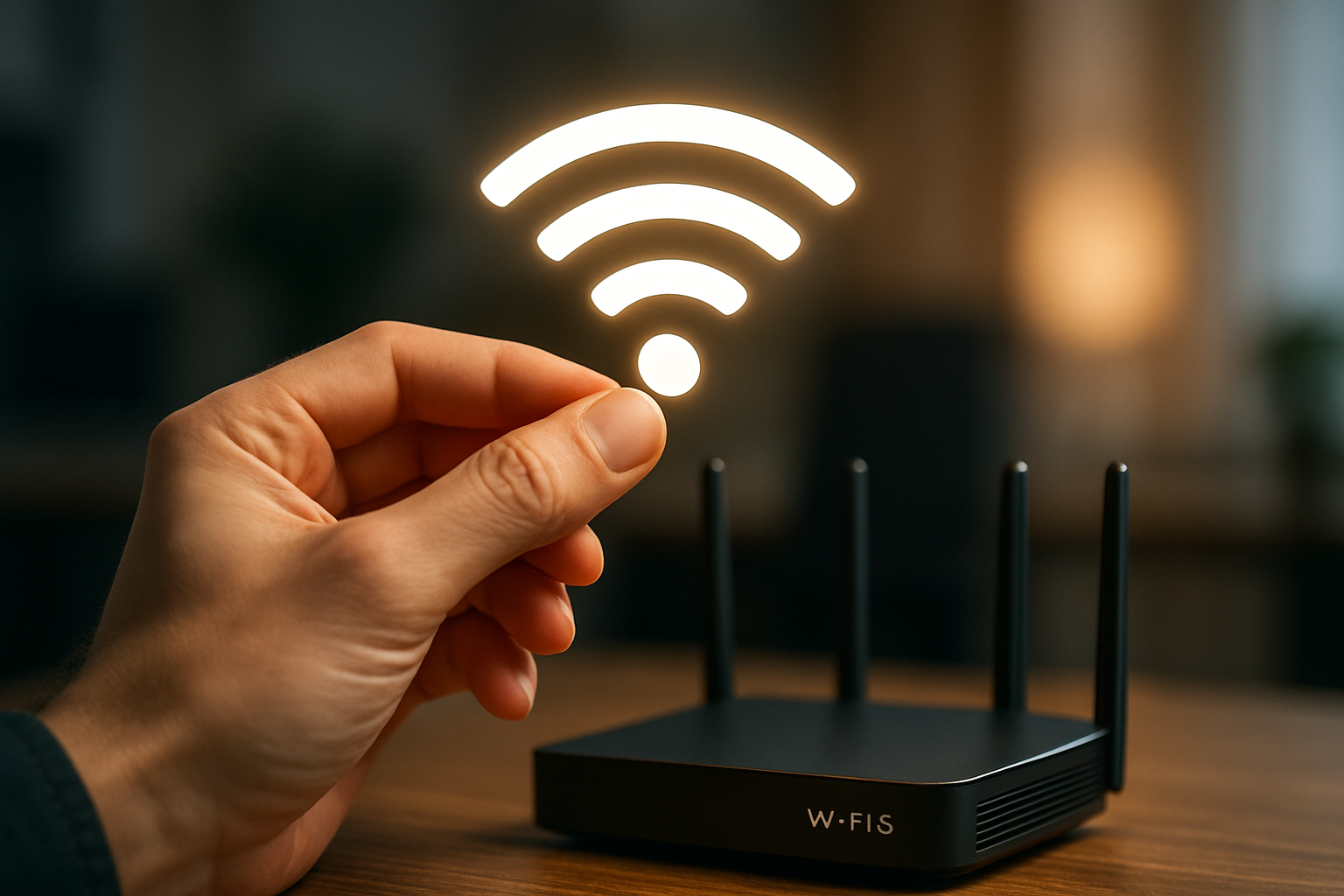Unlock Affordable Internet: Plans Tailored for Your Needs
Staying connected online shouldn't break the bank, especially for seniors and those on a budget. Discover surprising ways to significantly reduce your internet costs and find reliable, easy-to-use plans designed to fit your lifestyle. From exclusive senior discounts to government-backed programs, learn how to access high-speed internet without hidden fees, ensuring you stay connected with family, friends, and the world. Explore the best options available in your area today!

How Can You Discover Internet Discounts for Seniors in Your Area?
Many internet service providers offer special discounts and plans tailored specifically for seniors. To find these deals in your area, start by contacting local providers directly and inquiring about their senior-specific offerings. Often, these plans come with simplified features, easy-to-understand billing, and dedicated customer support for older adults.
Another effective method is to reach out to local senior centers or community organizations. These groups often have information about available discounts and can guide you through the process of securing affordable internet services. Additionally, some providers partner with senior advocacy groups to offer exclusive deals, so checking with organizations like AARP can lead to substantial savings.
What Low-Cost Internet Options Exist for Eligible Households?
For eligible low-income households, several programs and initiatives provide access to affordable internet services. One of the most well-known is the Lifeline program, a federal initiative that offers discounted phone and internet services to qualifying individuals and families.
Internet Essentials, offered by Comcast, is another popular option for low-income households. This program provides low-cost high-speed internet to eligible families and has expanded its services in recent years to include more households.
Many other major internet service providers have similar programs, such as AT&T’s Access program and Charter’s Spectrum Internet Assist. These programs typically offer broadband internet at reduced rates, often with no credit check, no contract, and no installation fees.
How Do You Find Reliable High-Speed Internet Tailored to Your Address?
Finding reliable high-speed internet that’s available at your specific address requires a bit of research. Start by using online tools provided by the Federal Communications Commission (FCC) or third-party websites that allow you to enter your address and view available providers and speeds in your area.
Once you have a list of potential providers, it’s essential to read customer reviews and check reliability ratings. Websites like the Better Business Bureau can provide insights into a company’s customer service and overall performance.
Don’t hesitate to contact providers directly to inquire about their services, speeds, and any ongoing promotions. Many companies offer introductory rates or bundle deals that can significantly reduce your overall costs.
Where Can You Uncover Senior-Friendly Internet Plans and Benefits?
Senior-friendly internet plans often come with features designed to make the online experience more comfortable and accessible for older adults. To uncover these plans, start by exploring the websites of major internet service providers in your area. Look for sections dedicated to senior plans or accessibility options.
Some providers offer simplified equipment, such as easy-to-use routers or tablets, as part of their senior packages. Others may include features like larger fonts on billing statements, priority customer service, or free in-home installation and setup.
Local libraries and community centers can also be excellent resources for information on senior-friendly internet options. They may offer classes or workshops on using the internet, which can be a great way to learn about available plans and benefits while improving your digital literacy skills.
Which Government Programs Support Affordable Internet Access?
Several government programs aim to make internet access more affordable and accessible to all Americans. The aforementioned Lifeline program is one of the most established, offering monthly discounts on internet services for eligible low-income consumers.
The Emergency Broadband Benefit (EBB) program, launched in response to the COVID-19 pandemic, provides a temporary discount on monthly broadband bills for qualifying households. While this program has ended, it has been replaced by the Affordable Connectivity Program (ACP), which continues to offer similar benefits.
The Connect America Fund (CAF) is another initiative that supports the expansion of broadband infrastructure in rural and underserved areas, making high-speed internet more accessible to residents in these locations.
| Program Name | Benefit | Eligibility |
|---|---|---|
| Lifeline | Up to $9.25/month discount | Low-income households |
| Affordable Connectivity Program (ACP) | Up to $30/month discount | Income-based or participation in certain federal programs |
| Connect America Fund (CAF) | Expanded broadband access | Residents in rural or underserved areas |
Prices, rates, or cost estimates mentioned in this article are based on the latest available information but may change over time. Independent research is advised before making financial decisions.
In conclusion, affordable and reliable internet access is within reach for seniors and low-income households through various programs, discounts, and tailored plans. By exploring local options, government initiatives, and provider-specific offerings, you can find an internet solution that meets your needs without straining your budget. Remember to regularly review your plan and available options, as new programs and discounts may become available over time, potentially leading to even greater savings and improved service.




